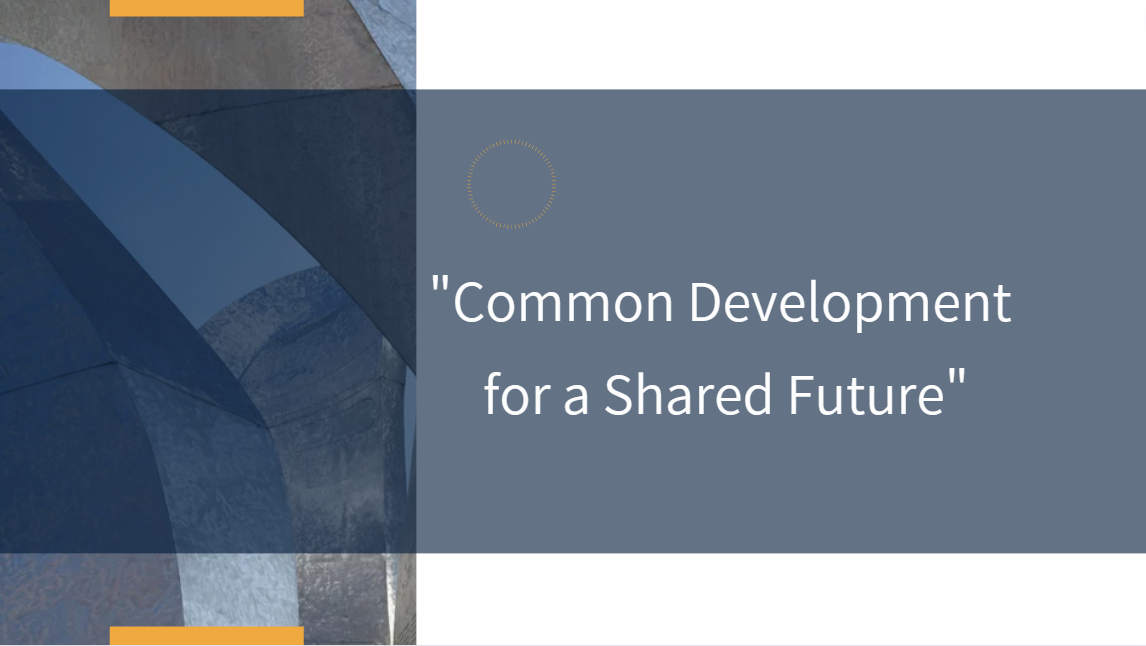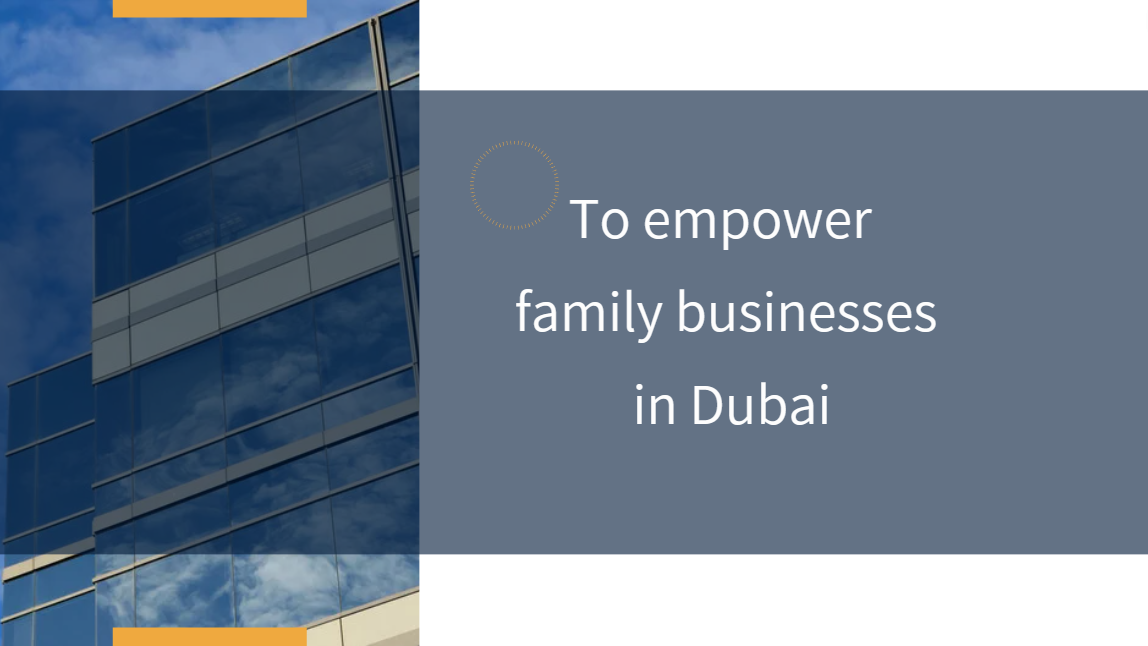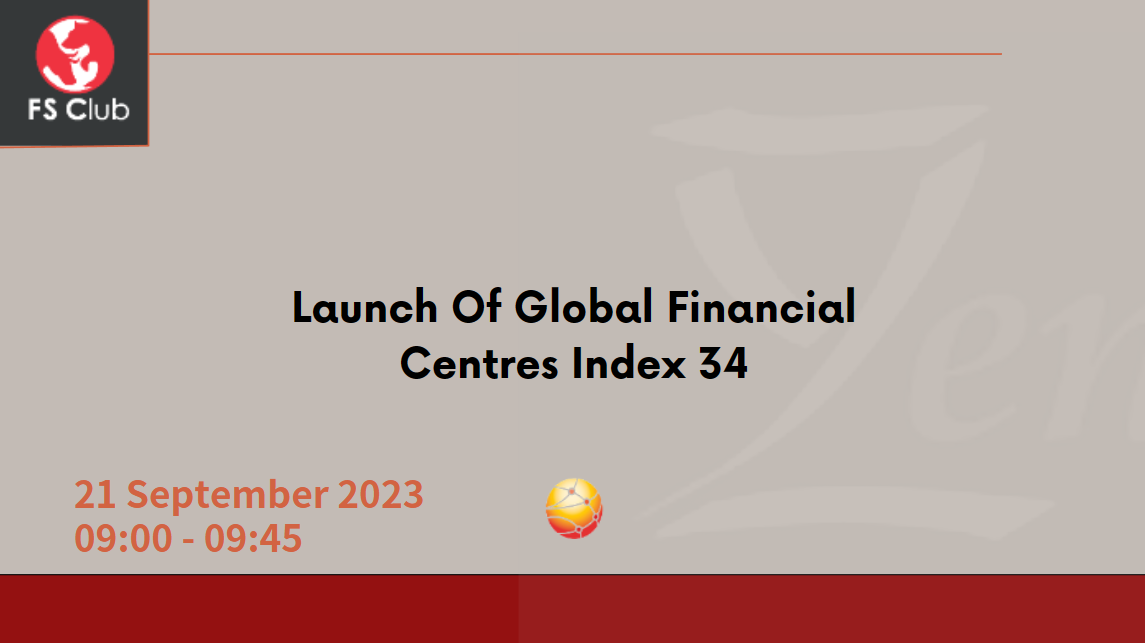World Bank Announces New Steps to Add Billions in Financial Capacity
The World Bank is taking bold new steps to increase its lending capacity, a major boost in firepower that will give millions of people a chance to escape poverty and improve their lives.
At this critical moment in history, and echoing the calls from the international community, the Bank is doubling down to tackle intertwined challenges – jobs, climate, fragility, and pandemics. These efforts entail decisive action to build a better Bank to achieve a world free of poverty on a livable planet.
That work includes a new playbook to drive impactful development and take more risk—helping create a world that is inclusive of everyone, including women and young people, resilient to shocks, and sustainable.
The Bank has taken a hard look at all available options as part of a work plan to stretch every dollar—while preserving its AAA credit rating. Together, the steps announced today will greatly expand the Bank's financial capability to spur growth and jobs—the surest path out of poverty.
Without progress on this front, development will stall at best and slide backward at worst. Over the next few months, the Bank will develop and share additional ideas to maximize its impact, exploring new opportunities while carefully managing potential risks.
The potential for these instruments to extend the impact of a single dollar is game changing. For example, every new $1 could drive an additional $6 of new lending over a 10-year period.
1.Increasing the power of guarantees World Bank shareholders can provide to boost lending. The proposed portfolio guarantee program is a shared approach to risk that will make World Bank financing more widely available, with shareholders stepping in if countries can’t repay their loans. That means $5 billion in guarantees could generate $30 billion in lending over 10 years—funds to send more girls to school, support farmers struggling to cope with climate change, or provide vital health care.
2.Raising hybrid capital from shareholders and other development partners. Hybrid capital offers a new way to move the needle in development—by giving shareholders and partners an opportunity to invest in bonds with special leveraging potential. With $1 billion of hybrid capital, the Bank can increase its lending by up to $6 billion over 10 years and deepen its impact on the people most in need.
3.Extracting more value from callable capital. Callable capital is a commitment from our shareholders to step in with new funds to help the Bank only under extreme circumstances. Widening the conditions, and clarifying the procedures and mechanism, under which the Bank can call on shareholders, could help the Bank absorb more risk and expand lending. More work will need to be done together with rating agencies and shareholders to make callable capital more useful.
4.Moving forward with the IDA Crisis Facility. The poorest countries desperately need more concessional funds to respond to the climate emergency, food insecurity, and other crises. The Bank is now fundraising for the new IDA Crisis Facility, which will strengthen its ability to help countries in challenging times. The target is $6 billion—with a huge development impact from every dollar.
In addition to the actions announced today, the Bank recently unveiled other initiatives to put impact at the heart of its work. Last month, the Bank established a new Private Sector Investment Lab, which will generate, test, and scale impactful ideas that remove barriers to investment in emerging markets. The Bank also introduced an enhanced toolkit to help countries respond quickly and effectively to natural disasters and jumpstarted an effort to develop a new approach to tracking climate outcomes more effectively, one that better measures impact, rather than dollars out the door.



















































First, please LoginComment After ~